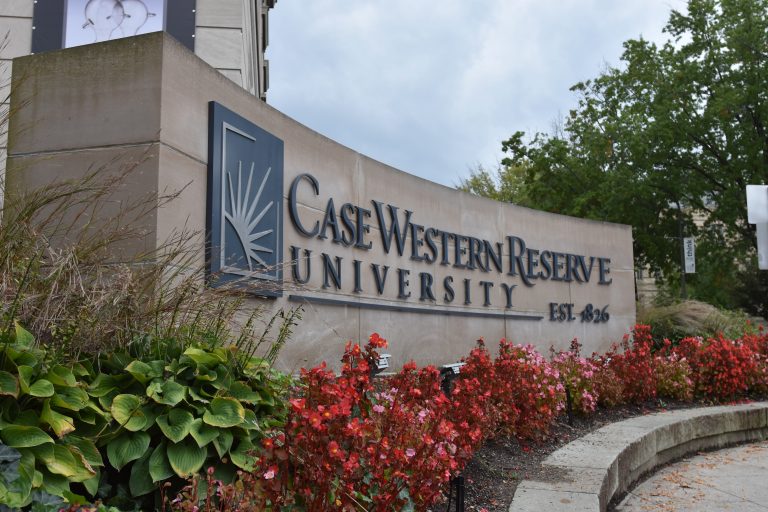Countless faculty members have called Case Western Reserve University their professional home over the years—and recently, the university bid farewell to some of them as they chose to retire.
The Daily reached out to faculty members who announced their retirement after more than 40 years of service to the university in order to highlight their impact through teaching, mentorship, research and administrative accomplishments—and share them with the university community.
Learn more about those who told us their stories.
Sandra Russ
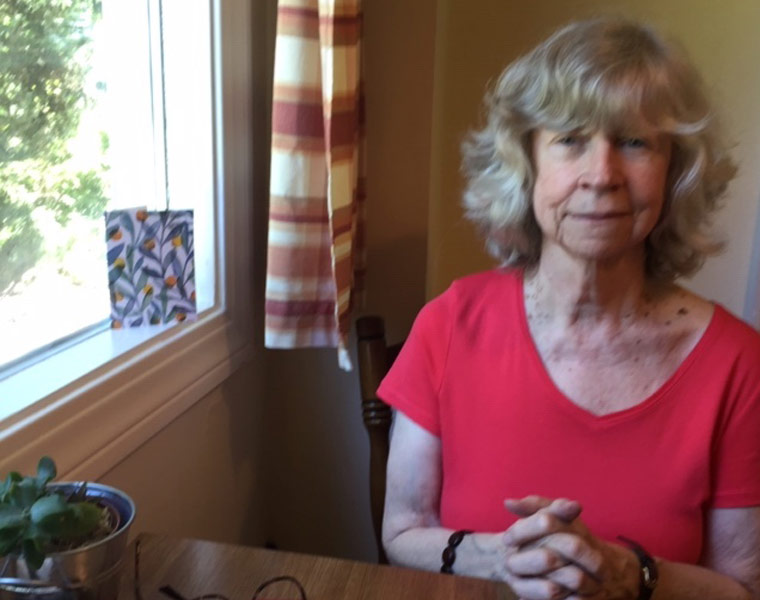
College of Arts and Sciences
47 years
During 47 years of leadership, teaching and research at Case Western Reserve, Sandra Russ, the Louis D. Beaumont University Professor of Psychology, made monumental contributions to the College of Arts and Sciences and its Department of Psychological Sciences, as well as the field of child psychology and play-based therapy. Russ, who has a PhD in clinical psychology, became interested in play-based therapy while working with children at Washington University.
After coming to CWRU in 1975 to continue her career in child psychotherapy, Russ saw a need for a standardized tool that could measure children’s affect, creativity and emotion during pretend play, which led her to develop the Affect in Play Scale.
Russ has been recognized by prominent institutions like the American Psychological Association and the National Autism Center for her influential contributions to the field of child development and therapy.
In addition to her prestige as a scholar, Russ has been an active leader at CWRU. She served two terms as chair of the university’s Faculty Senate as well as assistant provost, and led the College of Arts and Sciences as interim dean. As an administrative leader, Russ strived to make CWRU an inclusive institution by implementing affirmative action policies, leading the Minority Scholars Program, and directing the Lilly Fellows Teaching Program with junior faculty.
During her retirement, which Russ refers to as a “long sabbatical,” she plans to continue her research in an effort to help children actualize their creative potential.
Chung-Chiun Liu
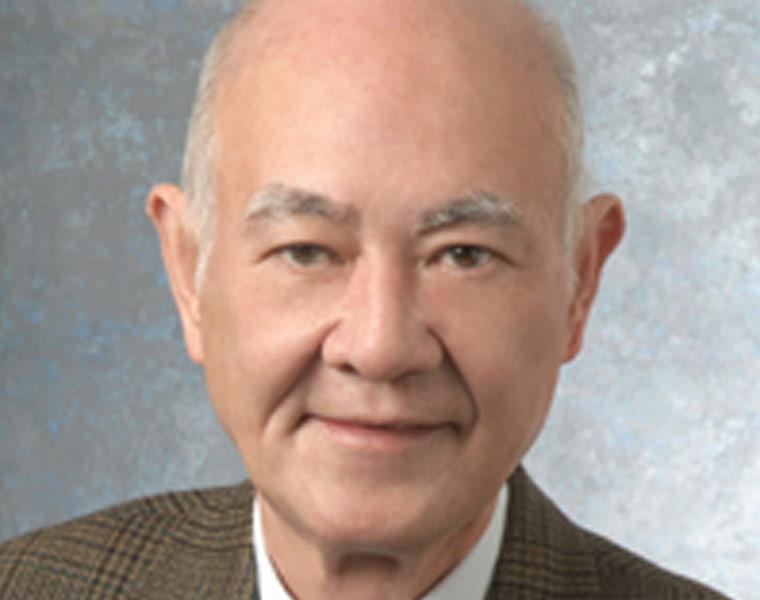
Case School of Engineering
44 years
Chung-Chiun Liu, the Wallace R. Persons Professor of Sensor Technology & Control, became one of the university’s foremost experts in electrochemical and materials engineering over the course of more than four decades at Case Western Reserve University.
Liu, who earned his doctoral degree in chemical engineering from CWRU more than 50 years ago, is a Distinguished University Professor and has received awards for his excellence in mentoring engineering students and his contributions to the field of electrochemistry.
Since 1985, Liu has served as director of CWRU’s Electronics Design Center, a research lab dedicated to innovations in microfabrication used by students and faculty. During his time at the Case School of Engineering, Liu devoted his time to furthering the learning opportunities of both CWRU students and local middle and high school students pursuing an education in science, technology, engineering and/or mathematics (STEM).
Liu’s efforts helping students in STEM fields extended beyond Cleveland through an international collaborative education program he directed with his alma mater, National Cheng Kung University, in Taiwan.
It is that dedication to helping the next generation of students that Liu said he is most proud of during his time at Case Western Reserve. Among students, Liu earned a reputation for ensuring a positive learning experience in the classroom and providing engaging lectures.
Kenneth A. Loparo
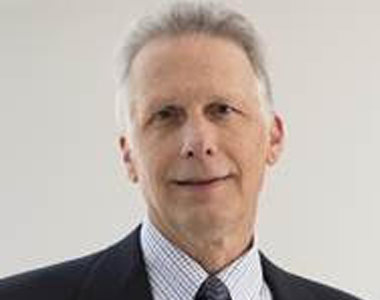
Case School of Engineering
43 years
During his career at Case School of Engineering, Kenneth A. Loparo, the Arthur L. Parker Endowed Professor of Electrical, Computer, and Systems Engineering, played a foundational role in administrative and academic endeavors at Case Western Reserve University. Loparo also is founder and faculty director of the Institute for Smart, Secure and Connected Systems, and co-founder and co-academic director of the Internet of Things Collaborative.
His past and current roles at CWRU include chair of the Department of Systems Engineering (1990–1994); associate dean of engineering (1994–1997); vice chair of Faculty Senate (1999–2000); president of Case Alumni Association (2009–2011); and member of the Executive, Personnel and Compensation Committees.
In addition to years of leadership at Case Western Reserve, Loparo has held several positions with internationally recognized science and engineering institutions, including the Institute of Electrical and Electronics Engineers Control System Society, International Institute of Acoustics and Vibration, and the American Institute of Medical and Biological Engineers.
Loparo is a decorated researcher in systems engineering, with a focus on nonlinear and stochastic systems. His most recent research proposal investigated the technical feasibility of integrating large-scale offshore wind into utility areas in the Great Lakes region.
Reflecting on his time at CWRU, Loparo recalled his fondest memories as those spent engaging with undergraduate and graduate students in the classroom and in research settings.
David C. Aron
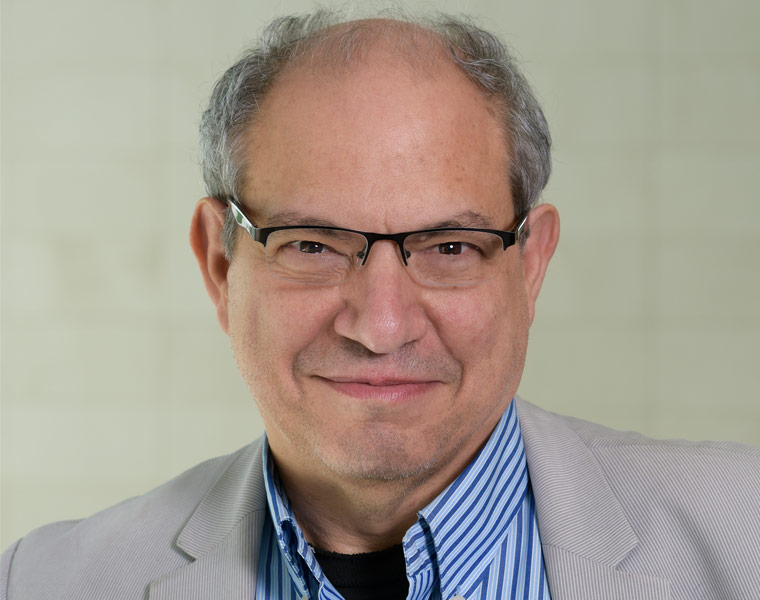
School of Medicine
42 years
Throughout his teaching career at Case Western Reserve, David C. Aron, professor of medicine and epidemiology and biostatistics at the School of Medicine, has always kept the advice his father gave him top of mind: “Do it for the grandchildren.” Meaning, teach the next generation so that they will want to do the same. As a faculty member and researcher, Aron sought to do just that through guidance, mentorship and teaching.
In fact, mentoring the younger generations is one of Aron’s proudest accomplishments. And it did not go unnoticed, having received awards for his efforts from both the Weatherhead School of Management, where he is an adjunct professor of organizational behavior and taught a course on complex systems, and the School of Medicine.
As a researcher, Aron is an endocrinologist that has worked to improve quality of care, particularly for those who have diabetes. For more than 20 years, Aron has directed the VA Quality Scholars Fellowship Program, a two-year doctoral program for health care professionals that focuses on implementation science.
Aron also served as a faculty member of the NCI Training Program in Dissemination and Implementation Research for Health and contributed to systems improvement efforts with the Department of Veterans Affairs. Now an emeritus professor, Aron plans to continue to collaborate on implementation projects, provide mentorship to others and teach during his retirement.
Gary Chottiner
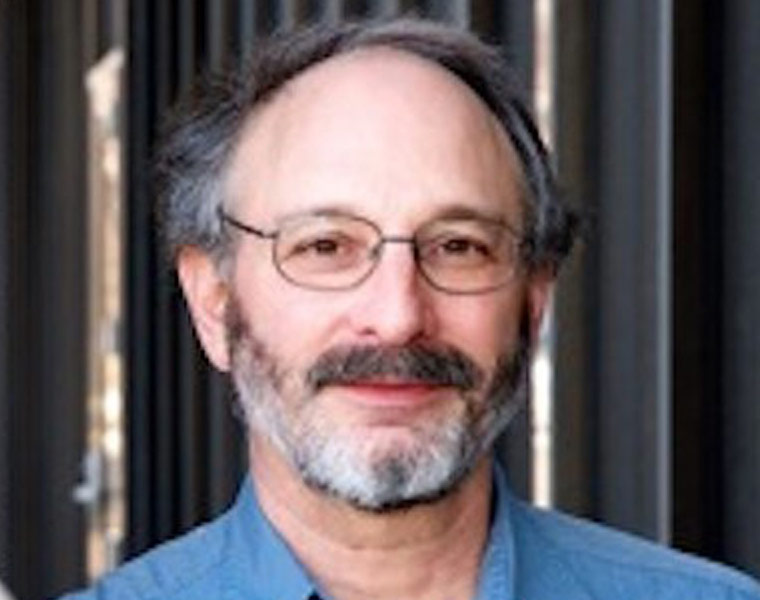
College of Arts and Sciences
42 years
Gary Chottiner, professor emeritus of physics at Case Western Reserve, is best known for his condensed matter physics research and his dedication to improving the undergraduate experience at CWRU.
After earning his doctorate degree from the University of Maryland, Chottiner came to Case Western Reserve in 1980 and spent the next two decades researching experimental surface science and thin films. He has co-authored more than two dozen publications on the science of energy conversion and storage materials.
In the early 2000s, Chottiner turned his career focus toward improving undergraduate education. He played a key role in forming the Faculty Senate Committee on Undergraduate Education and helped establish the university’s new requirements for general education.
Looking back at his time at CWRU, Chottiner recalled his fondest memories as those spent teaching and working with colleagues in the Department of Physics.
Joseph Charles LaManna
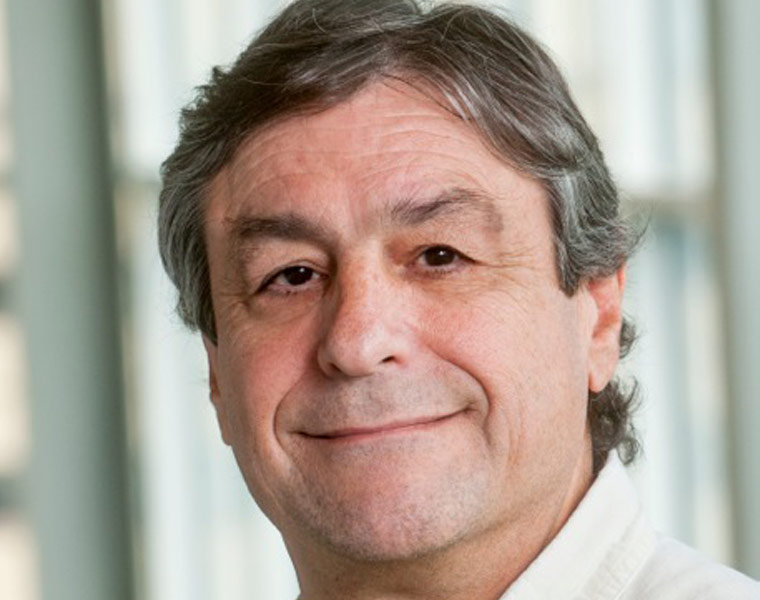
School of Medicine
41 years
An experienced professor with an impressive background in the physiological sciences, Joseph Charles LaManna first came to CWRU in 1981 with years of research experience at world-renowned institutions (such as Semmelweis Medical School in Hungary and his alma mater, Duke University) under his belt.
At CWRU, LaManna went on to become the Jeanette M. and Joseph S. Silber Professor of physiology and biophysics at Case Western Reserve University School of Medicine, and spent more than 25 years as an R01-funded principal investigator of the Department of Physiology and Biophysics’ LaManna Lab. LaManna’s research interests centered on angioplasticity, a neural phenomenon that refers to brain capillaries’ ability to evolve and adapt to different energy requirements and activity patterns over time.
In addition to his significant research contributions, LaManna trained eight doctoral students and four master’s students at CWRU, and spent four years as the interim chair of the School of Medicine’s Department of Anatomy.
Over the course of four decades at CWRU, LaManna said his fondest memories are those with his fellow researchers in the Departments of Neurology and Neurosurgery, as well as his time playing on the intramural softball and adult soccer leagues with his colleagues at CWRU.

